The commander of the Colombian National Army, Eduardo Enrique Zapateiro, in Bogotá, on December 30, 2019.LUISA GONZALEZ (Reuters)
A portrait of Gustavo Petro Urrego wearing the presidential sash will hang on the wall of all military barracks in Colombia starting in August.
At that time he will not only be the new president of the country, but also the Supreme Commander of the Armed Forces.
He will be in charge of an institution that has often interpreted him as an enemy due to his status as a left-wing politician and former guerrilla, although in reality he has held public office for more than half his life.
Extremist sectors nest within it, convinced that the adversary will now be at the top.
General Eduardo Zapateiro, the representative of the toughest and most warmongering wing, has withdrawn these days to avoid walking alongside him during the inauguration.
Petro inherits an armed forces shrouded in many questions.
Citizens look at them with suspicion for their management of the social outbreak last year, in which the use of force was privileged over dialogue.
His conception is that the internal enemy hides in the population and must be exterminated.
Because of this mentality, in some territories of the country they are still seen as an invasion force.
The report of the Truth Commission, in which six decades of violence in the country are collected, clearly states that military justice has become a mechanism to hide the human rights violations of the troops.
It is documented that the military murdered 6,402 innocent citizens to pass them off as guerrillas and collect a bonus.
The military themselves are confused and demoralized, according to the experts consulted.
President Juan Manuel Santos, who led the peace process with the FARC, made them see that the demobilization of the most powerful guerrilla in Latin America was a victory for the Army, which had cornered it until it had no other option but to sit down to negotiate. .
A handful of guerrilla commanders were killed shortly before the talks.
The image of insurgents and soldiers coming down the mountains together after decades of killing each other seemed to open a new era in Colombian history.
However, Santos's successor, Iván Duque, did not believe in negotiated peace and has boycotted its implementation in the last four years.
He has turned the argument around to once again embrace the theses of his mentor, Álvaro Uribe: the peace process was a humiliation, it meant kneeling in front of the enemy.
That has been installed in the imaginary of the armed forces, which has underpinned the warmongering mentality that prevails in the barracks.
The success of their missions is measured by ending the leaders of cartels and paramilitary groups who, despite the shock of being beheaded, replace new leaders.
The rapprochement with the people has not taken place.
The homicide rate grew in 2021 for the first time in seven years.
Petro has already appointed his finance and foreign ministers, but is taking more time to place someone in Defense.
He knows that a good part of the success of his government depends on that appointment.
“Although, deep down, the real manager will be Petro himself.
He will be very much on top, ”says one of his closest collaborators.
The doubt lies in whether he will appoint a retired military officer or a civilian.
“Petro would be wrong to appoint a retired general.
He would show a weakness that does not suit him.
The reading of the military would be that he appoints someone of his own because he fears them, ”says Gabriel Silva Luján, former Minister of Defense with Uribe.
The next step will be to appoint a leadership with a different mentality than the current one.
It will not be easy.
The Duque government has purged all the high-ranking officials who worked on the peace process with Santos.
The current commanders are all people trusted by Zapateiro, recognized for his bravery in combat, but who have retired after a questionable mandate.
Petro will have to make appointments without touching any nerves.
"For him to carry out a purge in turn would be a huge mistake," agrees Jorge Restrepo, a professor at the Javeriana University, and adds: "It would encourage extreme right-wing groups to remain outside the law and it would generate a huge division."
Silva Luján also believes that the game is played there.
In his opinion, he should not break the tradition of seniority in promotions.
He must find affinity with those in line.
“If he took a false step and promoted captains and majors to remove the leadership, as Chávez did in Venezuela, he would get into serious trouble.
You can give yourself some luxuries, of course, but without abusing it, ”he says.
The two experts also agree that there is no risk of a coup.
The Colombian military forces have a history of respect for political power, unlike other countries in the region.
There is a greater risk, and that is that the generals use a phrase that has passed between them from generation to generation: "I obey, but I do not comply."
It has happened in the past.
President Ernesto Samper (1994-1998) had to dismiss the then head of the armed forces, General Harold Bedoya, for contempt.
His successor, Andrés Pastrana, faced a near rebellion by asking a battalion to vacate a region during an attempted dialogue with the FARC.
Ultimately, the waters returned to their course.
Petro's moves, so far, have been canny.
The week after his election, he met with Uribe in search of a national agreement that would unite the country after a highly polarized campaign.
He knows the ascendancy that the former president has in the armed forces.
His thesis still permeate the barracks.
During his time, he himself gave lectures at the training schools and held private meetings with the officers who were going to be promoted.
He maintains a very close relationship with the controls and the structure.
In fact, Duque, an unknown person whom he placed in the presidency, has had as ministers two very loyal uribistas who, rather than exercising a role of authority over the military, have been his defenders and spokesmen.
Experts agree that Zapateiro has held power on security issues that exceeds that of the Duke himself.
The new president also receives an institution with very little capacity for self-criticism.
Any questioning of his work is answered with chest blows and mentions of honor and loyalty.
In last year's protests, videos showed that some protesters or even bystanders who were passing by at the time were killed by the security forces.
The events did not deserve the condemnation of the president or the head of the armed forces.
A few months ago, during a military operation in Putumayo, several civilians died in suspicious circumstances, and there was no sign of soul-searching either.
"It is a vain and arrogant force that has a hard time accepting mistakes," describes someone who was at the top for a time.
Petro has been one of the main critics.
He himself was tortured by soldiers when he belonged to the M-19, an urban guerrilla group.
Later, he went into exile in Europe for fear of dying, like many other left-wing colleagues, who were assassinated by the military and paramilitaries.
Now, in a few weeks, he will be in charge of the institution.
The challenge is enormous.
His success depends on getting the soldiers who come across his portrait in the barracks to see him as a leader and not as the enemy.
Subscribe here
to the EL PAÍS newsletter on Colombia and receive all the key information on the country's current affairs.

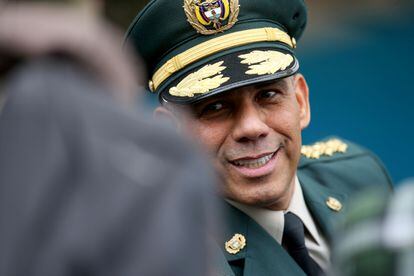
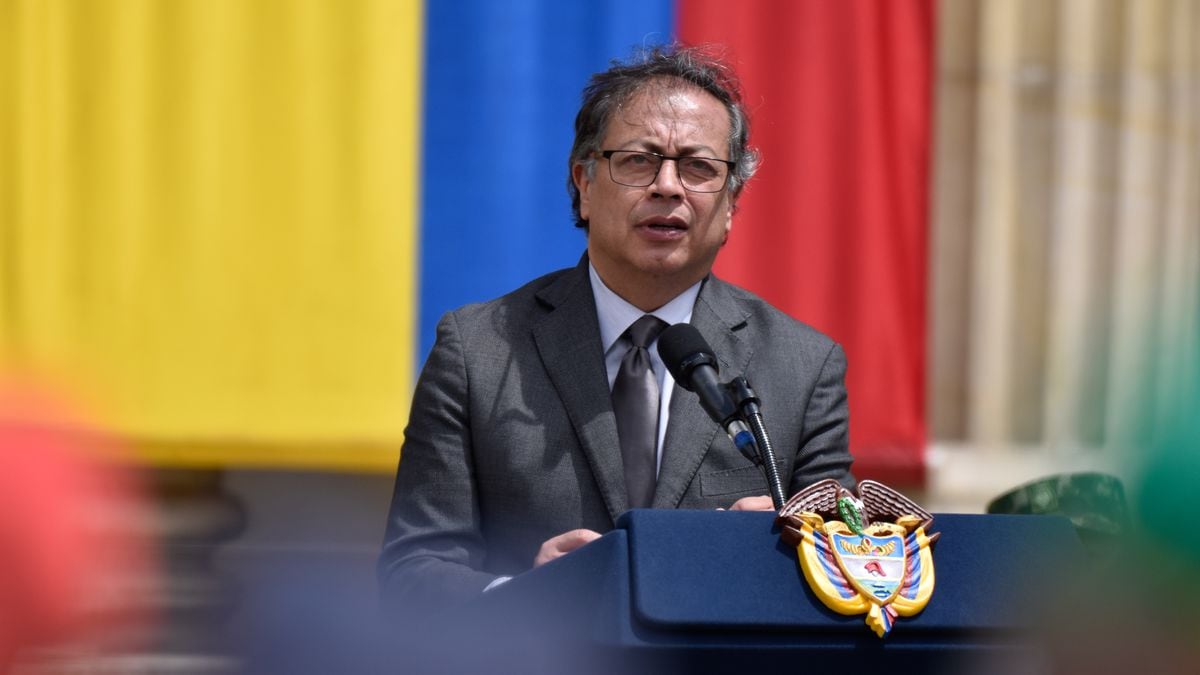
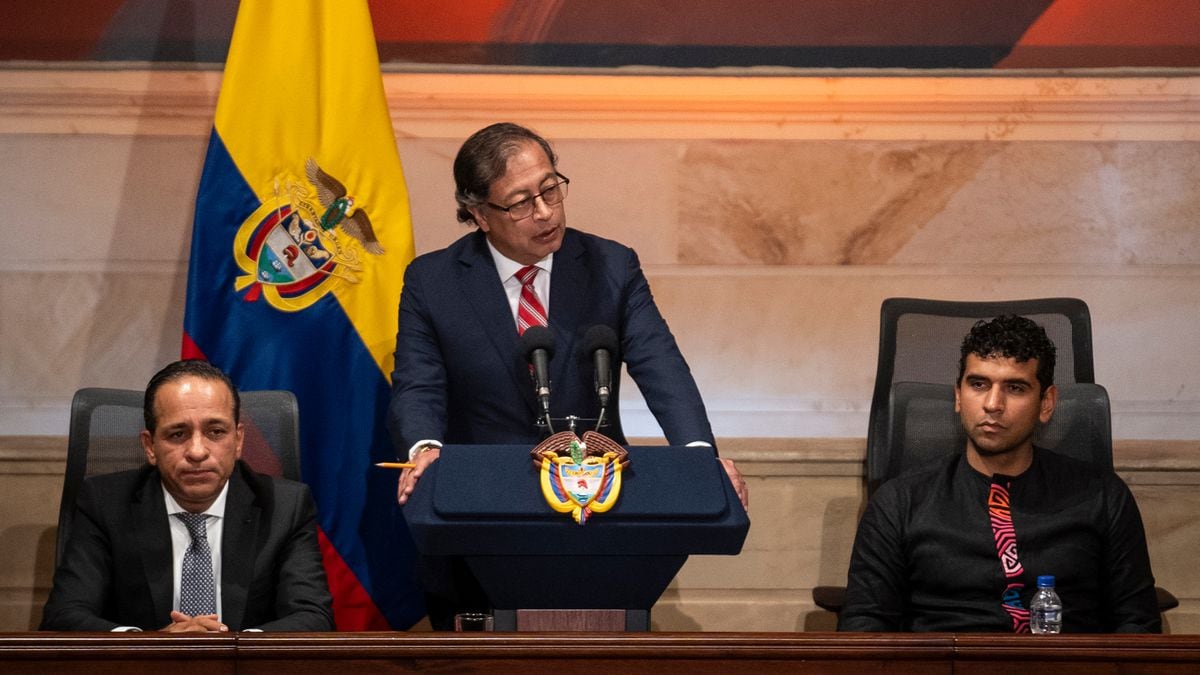

/cloudfront-eu-central-1.images.arcpublishing.com/prisa/K3P4376UVR26FWBFTPAU4UMSUI.jpg)
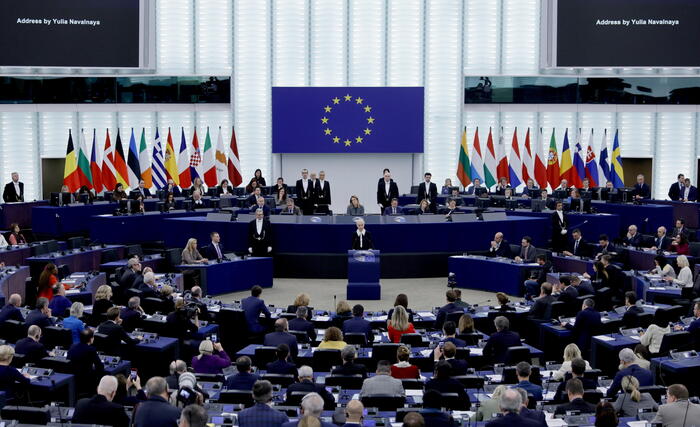
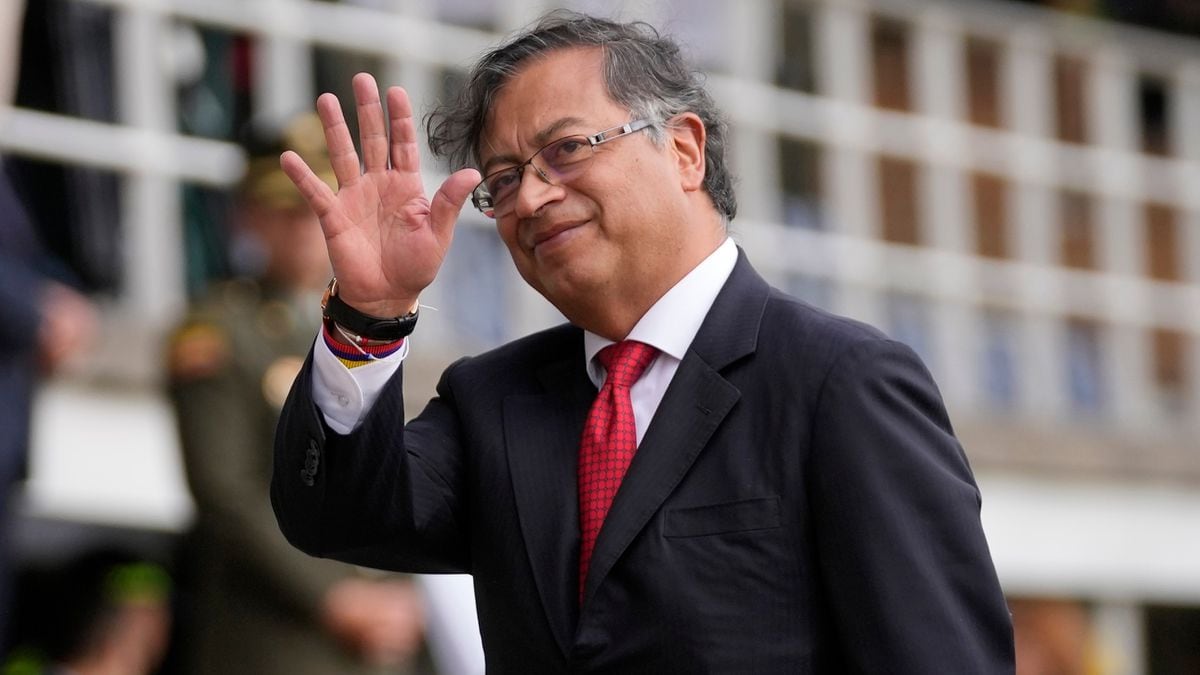
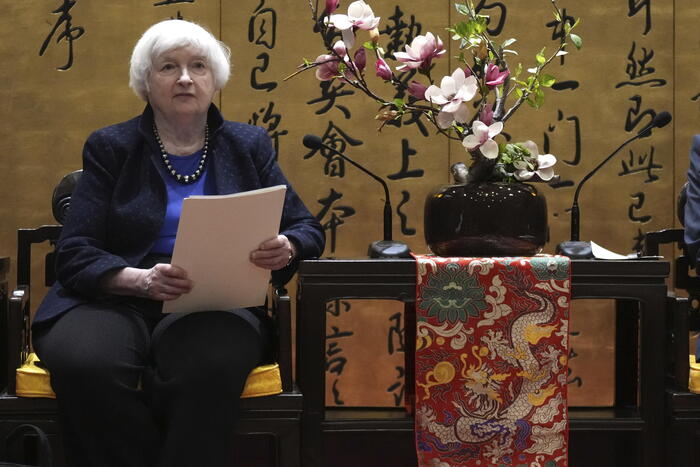

/cloudfront-eu-central-1.images.arcpublishing.com/prisa/KMEYMJKESBAZBE4MRBAM4TGHIQ.jpg)


/cloudfront-eu-central-1.images.arcpublishing.com/prisa/EXJQILQR5QI7OMVRTERD7AEZAU.jpg)
